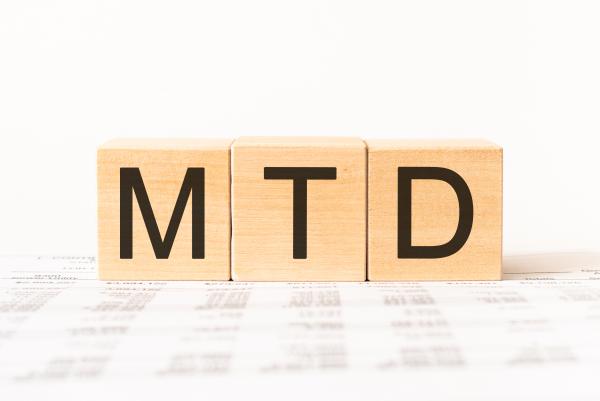
Tax bodies publish ‘principles of digitalisation’ as HMRC launch new round of testing
The Association of Taxation Technicians (ATT) and Chartered Institute of Taxation (CIOT) have welcomed the start of a new pilot to test the Making Tax Digital for Income Tax Self-Assessment (MTD for ITSA) programme this week, but have concerns regarding the standards used to evaluate digital services.
The two bodies have published seven ‘Principles of Tax Digitalisation’ (see below) which they say are a benchmark against which digital tax services should be measured.
Under MTD for ITSA, from April 2026, people who are self-employed or landlords with a yearly income of more than £50,000 will have to keep digital records and send quarterly updates about their income and expenses to HMRC through MTD-compatible software. From April 2027, this income threshold will be reduced to £30,000.
Tax agents are now being invited by HMRC to sign up their clients to the new ‘private beta testing’ pilot.
Alison Kerrey, Chair of the joint CIOT and ATT Digitalisation and Agent Services Committee, commented:
“We support moves towards digitalisation of the tax system, however there is still real concern about the implementation of this programme, whether it will meet its objectives, and the risk of it contributing to further degradation of HMRC’s already poor service levels.
“Before signing up clients to the pilot, agents should carefully check they meet the eligibility requirements,1 and that they, their client and their software provider are ready to participate.”
Coinciding with the launch of the new pilot, CIOT and ATT have jointly released their Principles of Tax Digitalisation2, setting out that a digitalised tax system should:
- Enhance existing processes
- Be cost and resource efficient
- Be secure
- Be integrated & adaptable
- Accommodate Agents
- Be simple, tested & co-created
- Accommodate accessibility requirements
Alison Kerrey recommended:
“HMRC should assess the MTD for ITSA pilot, and the ongoing implementation of the MTD programme, against these general principles for tax digitalisation, with check-points to ensure that these principles are being met. Failure to adhere to them could result in increased costs, poor implementation, unmet policy goals, and a significant loss of trust in the tax system.”
Notes for editors
1. Guidance to sign up voluntarily for Making Tax Digital for income tax
2. CIOT and ATT - Principles of Tax Digitalisation










